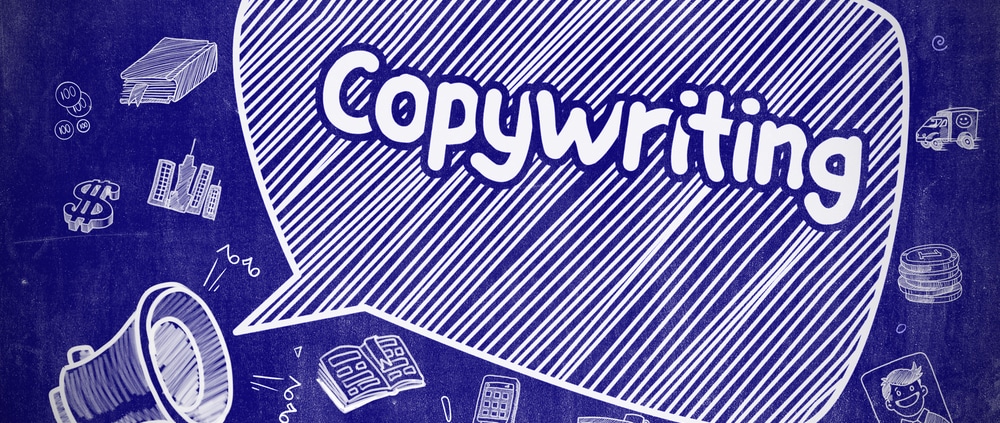Killer Copywriting Tips
Killer Copywriting Tips
Copywriters face all sorts of challenges, from writer’s block to finding the perfect word count for their particular project. Most of the time, the things learned in school are not relevant, for academic writing is completely different from business writing. I had to learn that the hard the way, but fortunately I was able to pick these things up quick. Here are some quick tips to help new and current copywriters.
Overcoming Writer’s Block
I personally don’t believe in the idea of writer’s block. If you are struggling to write something, that usually means you either don’t have a good grasp of the topic or don’t have enough material gathered to formulate a vision for your writing. In the article “35 Copywriting Tips & Tricks from the Pros,” they cite a quote from Gary Bencivenga who states, “the best copywriters are the most tenacious researchers. Like miners, they dig, drill, dynamite, and chip until they have carloads of valuable ore. John Caples advised me once to gather seven times more interesting information than I could possibly use… Research is the infallible cure for writer’s block.” This is probably the only thing from academia that transferred over, and is an important part of copywriting.
Find Your Voice
This was a common phrase that I often heard in poetry workshops. The idea is that every writer has their own unique voice where their personality and character come out on the page. Of course, poetry and copywriting are different from each other, however, no matter what sort of writing you do, finding the place where you as an individual intersect with what you are writing will lead to excellent writing. This is because not only will it be more personable for the reader, but it will make writing that much easier for you.
Headline as the Hook
Many of us who have written the dreaded five paragraph essay remembers our teachers emphasizing a “hook” in the first paragraph to get the readers interested. For copywriting, the hook is in the headline. If you don’t have a good title for the piece, most people won’t bother reading it. Some principles you should stand by follow:
- Write the headline after you have written the copy
- Go for simple and punchy
- Be specific, not misleading
When you have found a good headline, make sure the copy that you have written matches. What I mean by this is that there is nothing more worst than clicking into an article expecting something great and getting a sub-par article. Make sure that whatever headline you pick that the article you have written delivers.
Other Resources
Remember, research is not only an integral part of writing excellent copy, it is also part of improving yourself as a writer. There are many writers out there that have written great pieces on the craft. I would recommend finding lists of books to read or scour the internet for helpful articles. One such list that I tend to return to is on Linkedin. Every year, a new list comes out that compiles the best reads for the years. It is titled “20 Books Every Marketer Should Read in 2017.” This is how I found Everybody Writes by Ann Handley, which is an excellent resource for any writer in the content world. I highly recommend you pick this book up if you are in dire need of some useful tips and advice.








Leave a Reply
Want to join the discussion?Feel free to contribute!